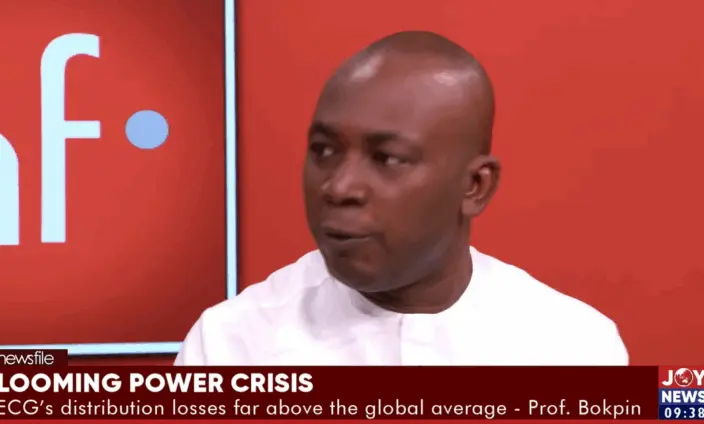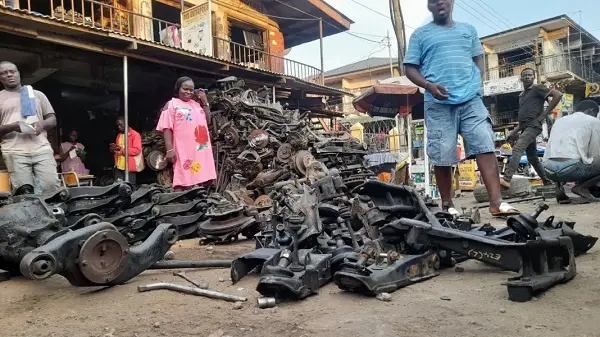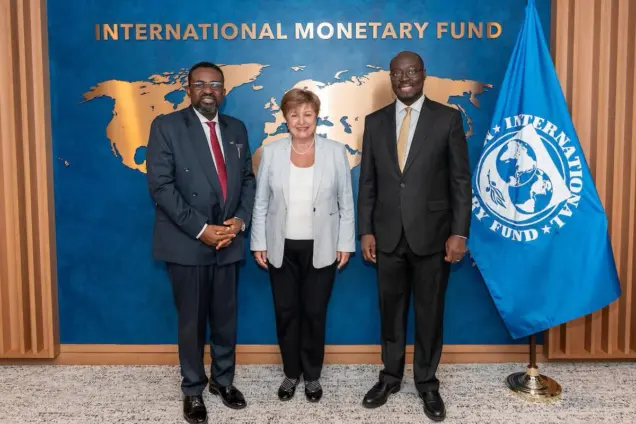For many Ghanaians, the daily fluctuations of the Cedi are more than just numbers on a screen; they represent the changing costs of food, school fees, and essential goods. A volatile Cedi can erode purchasing power, creating uncertainty for families and businesses alike. It’s a situation that demands attention and a long-term strategy for stability. Professor Godfred Bopkin recently addressed this critical issue on Newsfile, emphasizing the importance of building Ghana’s foreign reserves to foster long-term predictability and ultimately contribute to Cedi appreciation and overall economic stability. His insights offer a roadmap for navigating the complexities of Ghana’s economic landscape.
The Urgency of Building Foreign Reserves
Professor Bopkin, a respected voice in Ghanaian economics, is a strong advocate for bolstering the nation’s foreign reserves. He voiced his support for the Bank of Ghana’s current stance, emphasizing that stability is paramount. “What the market is looking for is stability, and we need to build our reserves,” he stated, highlighting the foundational role reserves play in calming market anxieties.
Ghana’s recent performance under the IMF-supported programme provides a foundation to build upon. By exceeding the set floor before the elections, the nation has created some room for maneuver. As Professor Bopkin noted, “There’s some kind of margin that we can still intervene in the market without going below that threshold.” This leeway is crucial for managing exchange rate pressures without jeopardizing the nation’s financial commitments.
However, Professor Bopkin cautioned against allowing short-term interventions to overshadow the fundamental need for a robust reserve buffer. A forward-looking approach is essential, one that prioritizes long-term predictability over fleeting gains. Building reserves is not merely about addressing immediate challenges; it’s about creating a stable economic environment for future generations.
Cedi Stability and its Impact on Inflation
The relationship between Cedi stability and inflation is complex and multifaceted. While efforts to stabilize the exchange rate can contribute to lower inflation, Professor Bopkin warned that such strategies can inadvertently favor imported goods over locally produced alternatives. This imbalance can have far-reaching consequences for Ghana’s economy.
Since November 2023, inflation on locally produced goods has outpaced that of imported goods, a trend that raises concerns about the competitiveness of Ghanaian businesses. Artificially depressing the exchange rate to curb inflation risks undermining Ghana’s productive capacity and hindering job creation. As Professor Bopkin succinctly put it, “When you do it that way, you are only outsourcing the productive capacity of the economy to other countries. And that will not create decent jobs.”
To address this challenge, Professor Bopkin called for more granular inflation data to accurately track the disparity between imported and locally produced goods. This detailed data is essential for informing policy decisions that support local enterprise and promote long-term economic resilience. Policy should be guided by evidence, ensuring that interventions are targeted and effective.
Building a Sustainable Economic Future
The path to a sustainable economic future for Ghana requires a multi-pronged approach. Strategies for building reserves should be implemented during periods of favorable external conditions, allowing the nation to accumulate a buffer against future shocks. Simultaneously, policies must be enacted to support local production, reducing reliance on imports and fostering domestic growth.
Professor Bopkin supports the current policies of the Bank of Ghana to ensure further Cedi appreciation and overall economic stability. He recognizes the complexities of the task at hand. Building strong foreign reserves should be prioritised and the timing of that policy is important.
“Once we have favourable external conditions, the timing is right. We should rather build our reserves to allow for predictability over the long term, so that in the next 10, 15 or 20 years, we have enough reserves to keep the cedi stable. That would be more helpful.”
In conclusion, Professor Bopkin’s analysis underscores the critical importance of building foreign reserves for Cedi stability and long-term economic predictability. A balanced approach that supports both exchange rate management and local production is essential for fostering a resilient and prosperous Ghana. By prioritizing data-driven decision-making and sustainable economic policies, Ghana can pave the way for a future of greater stability and opportunity for all its citizens.
Image Source: MYJOYONLINE





















